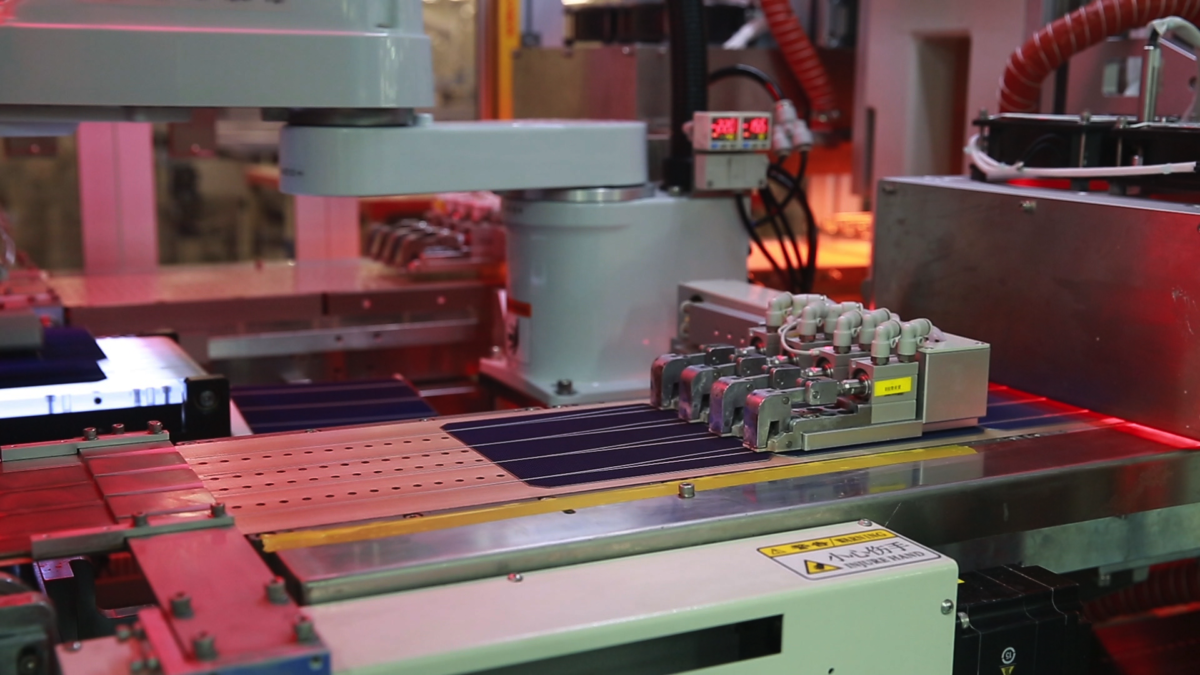Hanergy has announced its Chengdu Research and Development Center has broken its own world record for silicon heterojunction (HJT) efficiency, achieving 25.11% on a ‘full size' 244cm² cell. The achievement surpasses Hanergy’s previous 24.85% record on a similarly sized HJT cell, set in August, and edges closer to the HJT cell efficiency record of 26.7%, achieved on a slightly smaller cell measuring 180 cm², by Japanese producer Kaneka back in 2017.
#ICYMI: Hanergy’s SHJ [silicon heterojunction] technology sets a new world record for 6-in silicon batteries with 25.11% conversion efficiency.#GoSolar #IndustryIlluminated #solar #energy #RenewableEnergy pic.twitter.com/4zYiuj60pj
— Hanergy (@HanergyGlobal) 15 November 2019
The cell uses mass-production technology including indium tin oxide film and screen-printed electrodes. As with the CIGS efficiency record set recently by Hanergy subsidiary Miasolé, the company was keen to note the module was produced on a production line using only processes that can be transferred to large scale output.
“Our SHJ technology is a source of great pride … Despite only three years developing SHJ technology this recent breakthrough shows that our heterojunction division continues to make great progress and that the field of SHJ holds great significance to our business,” said Xu Xiaohua, CEO of Hanergy’s heterojunction division. He added, the technology will be important for both large scale ground mount and rooftop solar.
While the technology is nothing new – having been produced commercially by Panasonic for more than 20 years – heterojunction has caught the eye of the manufacturing industry in recent years as a potential next step up from PERC [passivated-emitter, rear-contact] modules.
Though questions remain over the complications involved in bringing HJT technology to scale, factories in Europe and Asia have come online this year and market share is expected to reach 5% next year. Further ahead, improvements in efficiency and production cost optimization are expected to help unleash the technology’s potential.
This article was amended on 21.11.2019 to reflect that the achievement refers to a cell, and not a module efficiency.
This content is protected by copyright and may not be reused. If you want to cooperate with us and would like to reuse some of our content, please contact: editors@pv-magazine.com.




ISFH CalTeC confirmed a solar cell efficiency of 25.11% for a 244cm2 solar cell as stated by hanergy “https://www.facebook.com/HanergyGlobal/” not a module efficiency.
Dear Dr. Bothe,
Thanks for your comment here, I have corrected the article accordingly. My apologies for the error.